On the morning of November 15, Prime Minister Pham Minh Chinh, Head of the Government's Steering Committee on science and technology development, innovation, digital transformation and Project 06, chaired the 5th meeting of the Steering Committee.
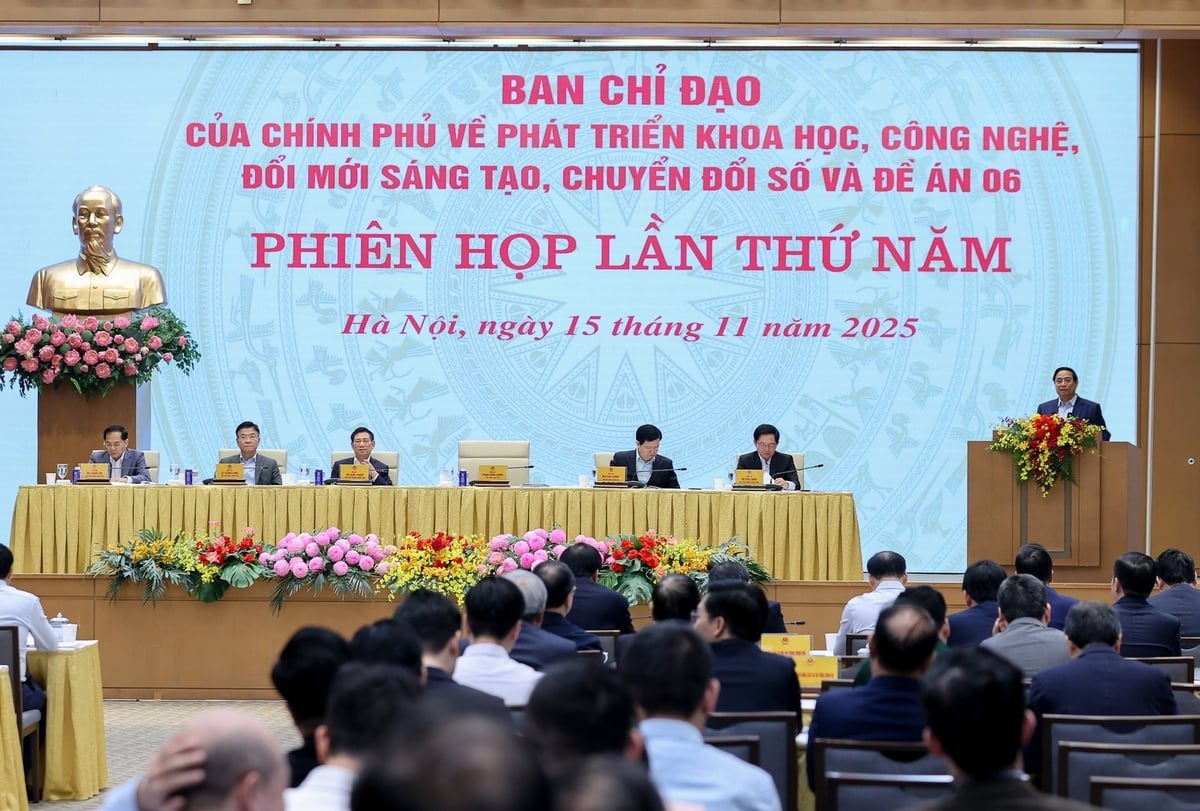
Prime Minister Pham Minh Chinh chairs the 5th meeting of the Government Steering Committee on science, technology, innovation, digital transformation and Project 06. Photo: VGP/Nhat Bac.
Synchronously implementing Resolution 57-NQ/TW, promoting science and technology, innovation
According to reports and opinions at the meeting, in the past time, to implement Resolution 57-NQ/TW of the Politburo , promote science and technology, innovation, digital transformation, administrative reform and Project 06, the leadership, direction and operation work has been carried out drastically and comprehensively, demonstrating high determination, great efforts, and timely actions from the Central to the grassroots level in the spirit of "unity - smoothness - synchronization - comprehensiveness - efficiency", seriously implementing the direction of the Central Steering Committee.
The Government and the Prime Minister have provided timely, close and continuous direction; issued 12 directives, 22 official dispatches and 28 concluding notices to specify the content of Resolution No. 57-NQ/TW.
Many ministries, branches and localities have seriously implemented their tasks, with clear changes (370/944 tasks have been completed, 176/943 tasks are being implemented within the deadline, the on-time completion rate is 67%).
From there, institutions, mechanisms, and policies on science and technology, innovation, digital transformation, administrative reform, and Project 06 are promoted.
Since the beginning of the year, the Government has submitted to the National Assembly for approval 19 draft laws and 10 resolutions related to science and technology, innovation, digital transformation; 04 laws on apparatus organization and civil servants.
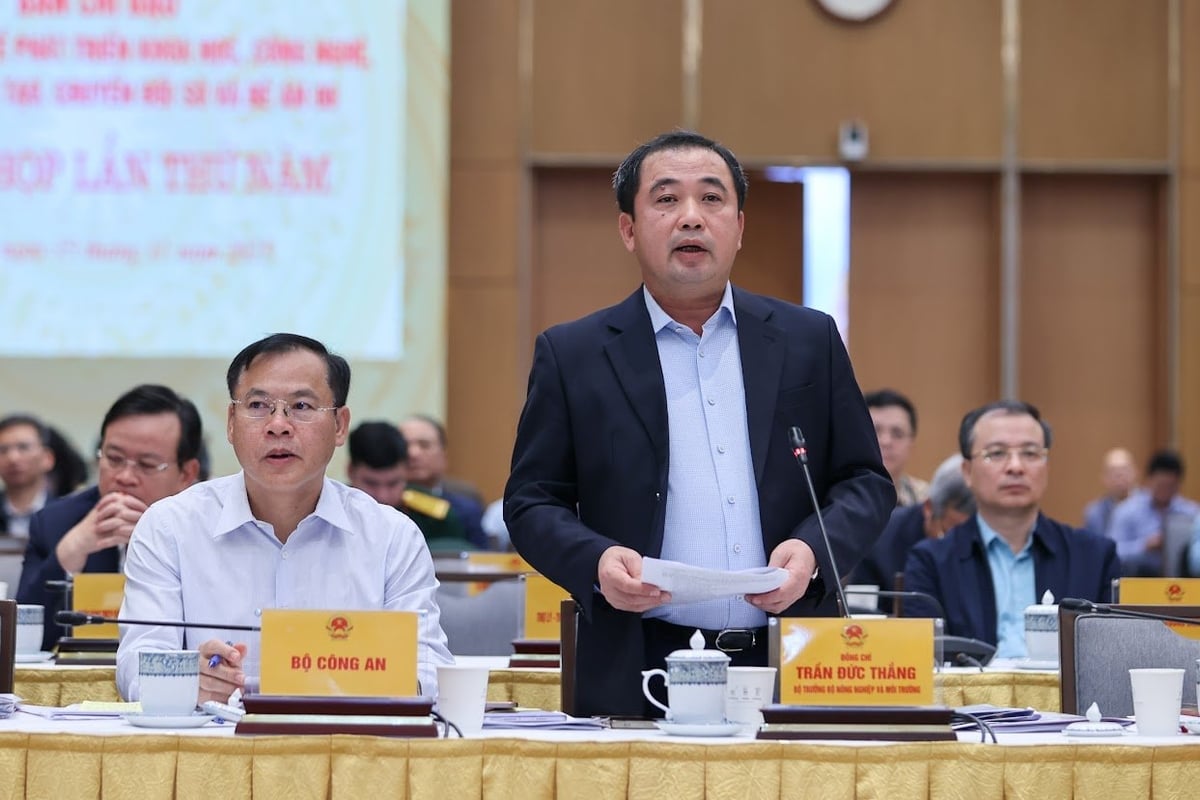
Minister of Agriculture and Environment Tran Duc Thang reports at the meeting. Photo: VGP/Nhat Bac.
At the 10th Session, the Government submitted to the National Assembly for consideration and expected approval 09 important draft laws directly related to the development and application of science and technology, innovation, and digital transformation.
In October 2025, the Government issued 10 Decrees directly related to science and technology, innovation, and digital transformation. In the past 10 months, the Government has issued 22 Decrees.
Regarding the budget, about 25 trillion VND has been added to the budget for science and technology development, innovation, and digital transformation in 2025; the National Assembly has approved a Resolution on the central budget allocation plan for 2026, including the science and technology sector. The Prime Minister said that in 2026, it is expected to allocate about 95 trillion VND of the budget for this sector.
In practice, science and technology, innovation and digital transformation continue to be strongly implemented , achieving many important results, making practical contributions to socio-economic development, renewing traditional growth drivers, and promoting new growth drivers.
Science and technology development and innovation have had many positive changes. The Prime Minister has approved 11 strategic technology groups and 35 strategic technology product groups, including 6 strategic technology products to be deployed in 2025; the National Science and Technology Innovation Portal and Exchange have been put into operation; Vietnam maintains its position at 44/139 countries in the global innovation index in 2025.
Digital infrastructure is focused on investment and development. Vietnam is in the Top 13 in the world in terms of Internet speed; the population coverage rate of 5G has reached 39.5%; the 3,900 km long land-based fiber optic cable system connecting Vietnam to Singapore has been completed; many AI data center projects are being implemented (such as: VinAI, FPT, Viettel, VNPT, CMC...) and the Super Data Center project in Ho Chi Minh City is being researched and built.
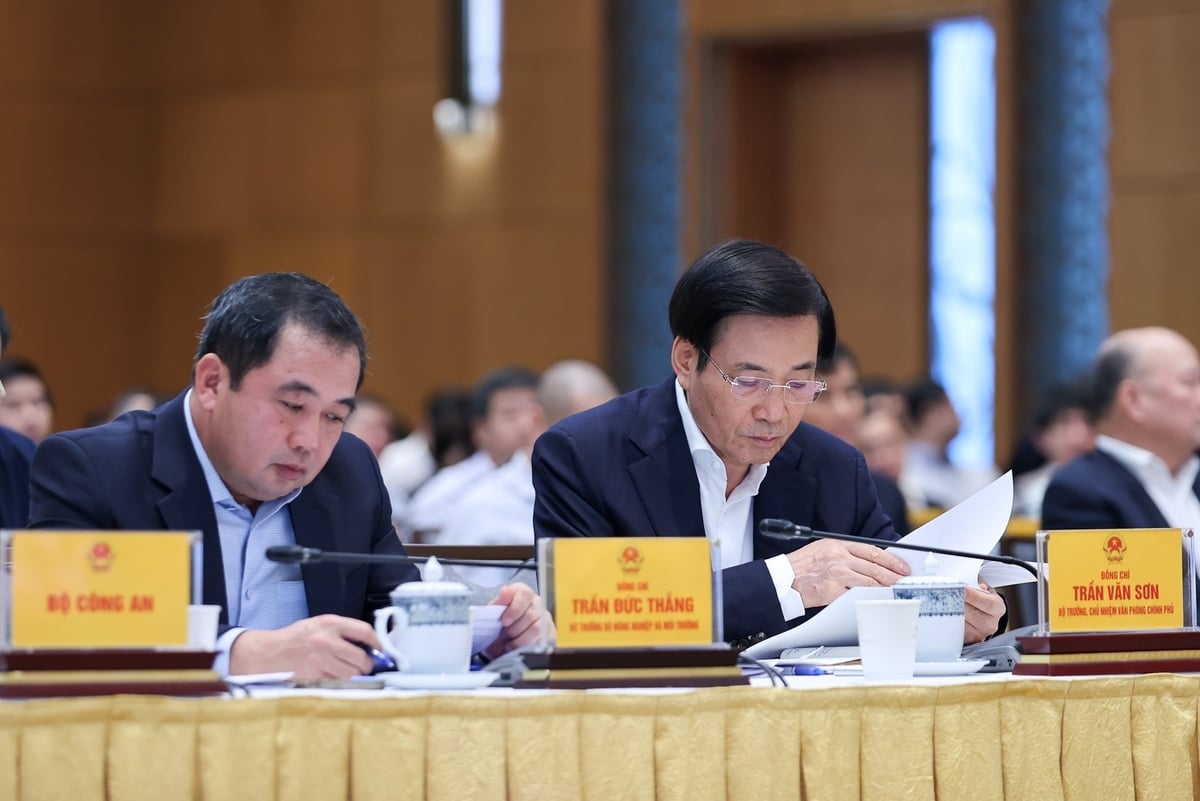
Delegates attending the meeting. Photo: VGP/Nhat Bac.
The digital technology industry continues to affirm its pivotal role. According to a report by the Ministry of Science and Technology, in the first 10 months of 2025, the revenue of the digital technology industry (ICT) reached more than 4 million billion VND, an increase of 52.4% over the same period; the export of digital products reached 142 billion USD, an increase of 27%.
Tax management, electronic invoices, and non-cash payments have achieved many positive results. Nationwide, more than 315,000 businesses and business households have used invoices generated from cash registers with 3.58 billion electronic invoices; tax collection from e-commerce activities reached 152 trillion VND, up 64% over the same period; 32.9 trillion VND was paid to policy beneficiaries and 177 billion VND was donated to support and relief for people affected by storms and floods via VNeID.
Along with that, the development of digital government is promoted ; Project 06 brings practical effects to people and businesses, strengthens social management and serves socio-economic development.
Effectively deploying and operating two-level local government; online public services are increasingly improved, shifting from passive to proactive service for people and businesses based on data.
Digital society and digital citizens are of interest. Many utilities serving economic and social development have been effectively and widely deployed. Notably, more than 132.4 million bank records and 1.4 million customer records have been authenticated by chip-embedded ID cards; 66.7% of hospitals nationwide and 74% of provincial public hospitals have deployed electronic medical records; implemented processes and procedures for exchanging 5.2 million chip-embedded party membership cards; provided 50 utilities on VNeID with 1.5 million visits/day; organized public consultation on the draft documents of the 14th National Party Congress on VNeID with 5.4 million opinions; deployed the Centralized Digital Signature Portal solution on the VNeID platform; the "Digital Popular Education" platform has trained 203,000 students, reducing training costs by 80%).
At the same time, administrative reform was implemented vigorously and achieved many clear results, especially streamlining the organizational apparatus, rearranging administrative units, reforming civil servants and reforming administrative procedures.
Administrative procedures continue to be reviewed and strongly reformed. Since the beginning of 2025, 741 administrative procedures have been decentralized from the central government to localities; 1,007 administrative procedures have been reduced and simplified, and 222 business conditions have been reduced. The Prime Minister has approved a plan to reduce and simplify administrative procedures related to production and business activities of ministries and branches, accordingly, 3,071 administrative procedures and 2,269 business conditions will be reduced and simplified.
In addition, training and attracting high-quality human resources have been strongly implemented (selection of general engineers has been organized, human resources support for digital transformation has been provided; many major universities have included content on innovation and AI in their training programs; nearly 50 international cooperation agreements have been signed in the fields of science and technology, innovation and digital transformation).
Continue to act with the spirit of "tell the truth, do the truth, get real results"
In his concluding remarks, Prime Minister Pham Minh Chinh basically agreed with the reports and opinions at the meeting; on behalf of the Government, he acknowledged and commended the efforts, endeavors and achievements of ministries, branches and localities, the drastic direction of the Steering Committee members, the consensus, support and active participation of people, businesses, universities, research institutes, etc., making important contributions to the development of science and technology, innovation, digital transformation, administrative reform and Project 06, contributing to the overall results of the country's socio-economic development.
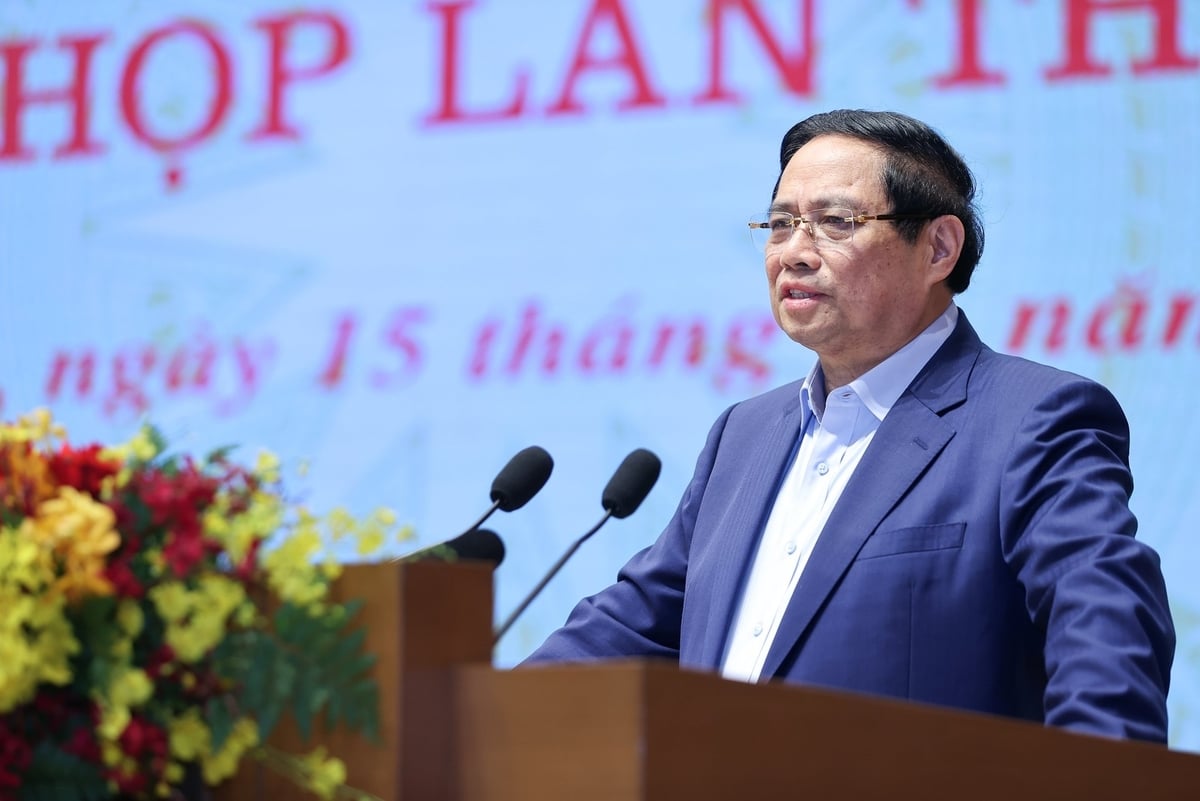
Prime Minister Pham Minh Chinh delivered the concluding remarks at the 5th meeting of the Government Steering Committee on Science, Technology, Innovation, Digital Transformation and Project 06. Photo: VGP/Nhat Bac.
In addition to the achieved results, the Prime Minister pointed out that many tasks in programs, plans and projects are still behind schedule; the progress in building and completing national and key specialized databases is still uneven.
Digital infrastructure development is not commensurate with economic potential and growth rate; remote and isolated areas still face difficulties in accessing stable internet; many information systems and databases are still unstable, lacking connectivity, data sharing and integration.
Although there has been progress in the allocation and disbursement of funds, it is not yet synchronized between levels and sectors. Grassroots human resources are still lacking and weak; high-quality human resources, especially in the fields of artificial intelligence, big data, and cyber security, are still in great shortage; policies to attract good domestic and foreign experts have not yet met the demand.
Coordination between ministries, branches and localities in implementing the common tasks of the Steering Committee is still limited. In some places, data sharing and system connection are still localized.
According to the Prime Minister, the cause of the shortcomings and limitations is that political determination in some places is not strong enough, there is still a mentality of hesitation, fear of making mistakes, fear of responsibility when dealing with new issues, not daring to do, not daring to take responsibility. Many institutions and policy mechanisms are slow to be revised and updated, not keeping up with the requirements of reality and the speed of technological development.
The organization and implementation work is still confusing, lacking close coordination between agencies; the assignment of tasks is unclear, lacking specificity, and does not ensure the "6 clear" principle. Discipline and order are not strict, KPI tools have not been developed to monitor, supervise, and evaluate the implementation of assigned tasks, targets, and goals.
Social resources and public-private cooperation have not been effectively mobilized in implementing tasks on science and technology, innovation, and digital transformation; some places still have an administrative mindset and have not strongly shifted to digital management thinking based on data.
The Prime Minister stated that, facing these limitations, ministries, branches and localities need to continue to act with the spirit of "telling the truth, doing the truth, and being effective" in organization and implementation.
The motto is that ideology must be clear, political determination must be very high, resolute in action, doing each job properly, completing each job, assigning "6 clear" tasks: clear people, clear work, clear time, clear responsibility, clear authority, clear products; people are the center, the subject, must participate in implementation and enjoy the results; science and technology, innovation, digital transformation are the foundation, efficiency is the driving force, the measure; cadres who do not care to do, do not dare to do must be replaced.
Along with that, the spirit is not to be perfectionist, not to be hasty, not to miss opportunities; to ensure "3 no's" and "2 yes's": "Beneficial to the State, beneficial to businesses, beneficial to the people in the spirit of harmonizing interests and sharing risks; not to allow negativity, corruption and not to lose State and people's assets".
At the same time, the Prime Minister clearly stated the main targets by the end of 2025, which are the premise for preparing for 2026: Completely completing overdue tasks and tasks that must be completed in 2025, especially for the deployment of databases; implementing the settlement of administrative procedures in the digital environment, must reach 80% in 2025...
Regarding the general direction in the coming time, the Prime Minister requested ministries, branches, localities, agencies and units to organize the effective implementation of Resolution 57 of the Politburo, Plan 02 of the Central Steering Committee, direction of General Secretary To Lam, resolutions of the National Assembly, the Government and direction of the Prime Minister; develop science and technology, innovation, digital transformation quickly, strongly but sustainably, develop extensively but must ensure security and safety; promote the transformation from passively receiving people's procedures to proactively creating development, serving people and businesses.
6 general tasks in the coming time
The Prime Minister pointed out 6 general tasks in the coming time. First, all ministries, branches and localities focus on completing their own databases, which must be completed by 2025, in the spirit of "Correct - sufficient - clean - living - unified - shared".
Second, perfecting institutions in an open, creative and developmental direction: Closely coordinate with National Assembly agencies on 08 draft laws submitted to the National Assembly for consideration and promulgation at the 10th Session of the 15th National Assembly; at the same time, promptly complete and promulgate decrees and instructions in accordance with the effective date of the law.
Third, complete a seamless, modern, shared digital infrastructure, especially at the grassroots level (communes, wards, special zones), including electricity infrastructure and telecommunications infrastructure (waves). Invested infrastructure that cannot be shared must be researched and have appropriate solutions; at the same time, creatively apply legal regulations, promptly invest in new, timely, and effective digital infrastructure, and prevent corruption, waste, and negativity.
Fourth, arrange enough human resources for digital transformation, especially at the grassroots level (communes, wards, and special zones). Promote the "Digital Education for All" movement; promote the role of community digital technology teams, go to every alley, knock on every door, and check every person to promote digital transformation for the entire population.
Fifth, ensure security, information safety, data confidentiality, especially personal data anytime, anywhere, for everyone.
Sixth, deploy tools to measure, monitor and evaluate the implementation results of science and technology, innovation and digital transformation tasks (KPIs) of ministries, branches and localities in real time.
Specific tasks of ministries, branches and localities
The Prime Minister also directed specific key task groups in the coming time.
With a strong spirit in directing, operating and taking responsibility to the end, the Prime Minister requested that Ministers, Heads of sectors, Secretaries and Chairmen of People's Committees of provinces and cities promote the exemplary role of leaders; directly direct and urge the completion of assigned tasks in 2025; have a written commitment to progress and take responsibility before the Central Steering Committee and the Government Steering Committee.
Along with that, step up the review, development and completion of institutions, mechanisms and policies; submit to the Government for immediate issuance of guiding decrees, ensuring compliance with the effective date of the laws; at the same time, continue to review and propose amendments and supplements to legal documents for implementation.
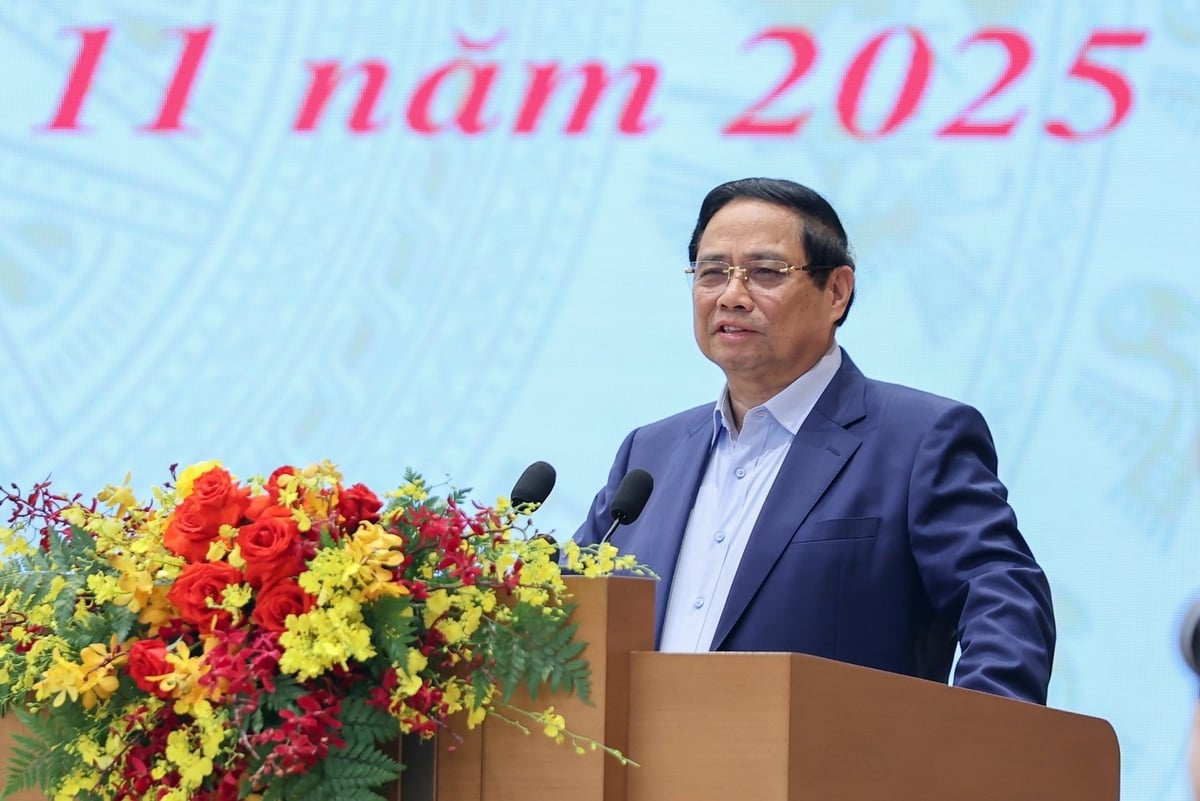
The Prime Minister requested the urgent development and promulgation of a digital transformation strategy and a data strategy. Photo: VGP/Nhat Bac.
Urgently develop and promulgate digital transformation strategy and data strategy (Ministries, agencies: Agriculture and Environment, Health, Culture, Sports and Tourism, Government Inspectorate soon promulgate before November 25, 2025). Pilot assessment and ranking of database quality in 2025 and officially deploy from 2026.
To promote the reduction and simplification of administrative procedures, ministries and branches must urgently review, revise and unify the process of restructuring online public services to reduce the number of documents, avoiding causing inconvenience to people when the data is complete.
The Ministry of Justice presides over and coordinates with relevant units to advise, develop and complete the Resolution on reducing and simplifying administrative procedures based on data according to Conclusion Notice No. 07-TB/CQQTBCĐ.
Organize a general review of the current status of online public service provision and the current status of database construction and management according to the guidance of the Ministry of Public Security (National Data Center); review the level of compliance with data laws, regulations on mandatory data connection and sharing in the political system, the National Data Architecture Framework, the Data Governance and Management Framework and the Shared Data Dictionary, to be completed by December 2025.
Ministries, branches and localities focus on amending and supplementing 322 legal documents according to the plan approved by the Prime Minister; reviewing and amending regulations that are not suitable for the implementation of administrative procedures regardless of administrative boundaries and full-process online public services; completing the target of 100% of administrative procedures related to enterprises being performed online and 100% of administrative procedures being performed regardless of administrative boundaries at the provincial level.
Regarding the tasks of science and technology development, innovation, and digital transformation, the Prime Minister assigned the Ministry of Science and Technology to submit to the Prime Minister the National Program on developing strategic technology products with priority for implementation in 2025; preside over and coordinate with ministries and agencies to review and develop a set of indicators to monitor and supervise the implementation of assigned goals, targets, and tasks; promptly submit to competent authorities to issue the Project to support the development of digital technology enterprises to reach the global level, the Project on Capacity Investment for public research and development organizations; urge network operators to cover 5G nationwide; coordinate with ministries and branches to remove difficulties and obstacles related to the Starlink project so that it can be deployed in 2026 (striving to reach 500,000 subscribers).
The Ministry of Public Security will research and develop utilities to support the election of National Assembly deputies and People's Council deputies at all levels on VNeID; speed up the progress, put into operation and use of National Data Center No. 01, expand the scale and computing infrastructure of the Center, research and propose to build National Data Center No. 02; develop a Government Resolution on digital citizens, digital society, and digital Government, to be completed before December 15.
The Ministry of Home Affairs coordinates with ministries, branches and localities in digitalization tasks when operating two-level local governments.
The Ministry of Construction urgently established a working group to support 6 centrally-run cities in implementing the Smart City Project, to be completed in December 2025 and implemented in 2026; coordinate with a number of localities to build and deploy the "Smart Border Gate" model, ensuring connectivity, data sharing, centralized management, fast, transparent, safe and convenient processing for people, vehicles and goods crossing the border, to prevent smuggling and trade fraud.
The Ministry of Education and Training shall preside over the development of lifelong learning records, integrated with the database for managing diplomas and certificates; guide ministries, branches and localities to digitize completed diplomas and certificates and organize the implementation in December 2025, digitize 100% of diploma and certificate data in the first quarter of 2026.
The Ministry of Health shall develop and submit to competent authorities for approval a Plan to deploy electronic health records and electronic medical records nationwide, clearly defining: goals, components, roadmap, and targets on the rate of people with electronic health records, the rate of connected medical examination and treatment facilities, and the rate of interconnected data, to be completed by 2025.
The State Bank of Vietnam and joint stock commercial banks are determined to effectively and focusedly implement the VND500 trillion credit program to support and promote the development of strategic infrastructure and digital technology; review conditions, criteria and control cash flow to ensure it goes in the right direction.
To ensure funding from the state budget and investment sources, the Ministry of Finance shall preside over and coordinate with the Ministry of Science and Technology and relevant ministries and branches to research and propose appropriate financial mechanisms and policies, allocate and arrange sufficient state budget capital according to regulations, in which priority is given to capital for key, inter-sectoral and inter-regional projects (such as the National Data Center, data floor, national key laboratories, research centers, strategic technology development projects and key databases, etc.)
Ministries, branches and localities, based on assigned tasks, must urgently and proactively register capital and immediately implement tasks, especially building national and specialized databases, ensuring progress and quality.
The Prime Minister also requested the Ministry of Science and Technology to preside over and coordinate with agencies to prepare for the 2025 Summary Meeting of the Steering Committee.
Source: https://nongnghiepmoitruong.vn/nam-2026-se-danh-khoang-95-nghin-ty-dong-ngan-sach-cho-khoa-hoc-cong-nghe-d784424.html



![[Photo] Panorama of the 2025 Community Action Awards Final Round](https://vphoto.vietnam.vn/thumb/1200x675/vietnam/resource/IMAGE/2025/11/15/1763206932975_chi-7868-jpg.webp)
![[Photo] Prime Minister Pham Minh Chinh meets with representatives of outstanding teachers](https://vphoto.vietnam.vn/thumb/1200x675/vietnam/resource/IMAGE/2025/11/15/1763215934276_dsc-0578-jpg.webp)
![[Photo] General Secretary To Lam receives Vice President of Luxshare-ICT Group (China)](https://vphoto.vietnam.vn/thumb/1200x675/vietnam/resource/IMAGE/2025/11/15/1763211137119_a1-bnd-7809-8939-jpg.webp)


![[Photo] Prime Minister Pham Minh Chinh meets with representatives of outstanding teachers](https://vphoto.vietnam.vn/thumb/402x226/vietnam/resource/IMAGE/2025/11/15/1763215934276_dsc-0578-jpg.webp)

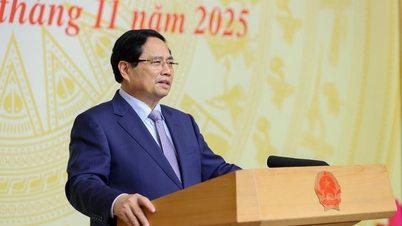



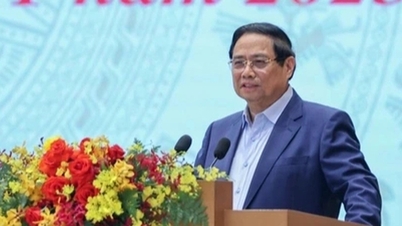


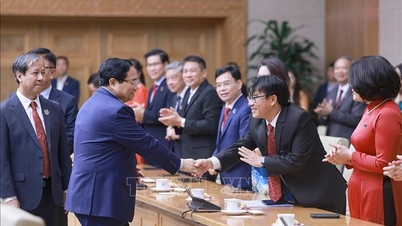

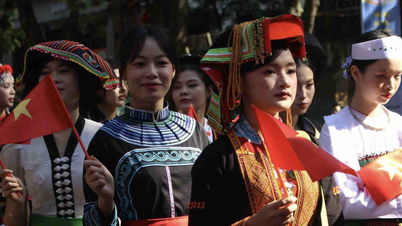

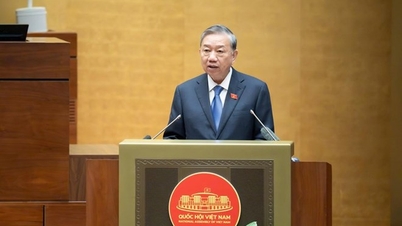



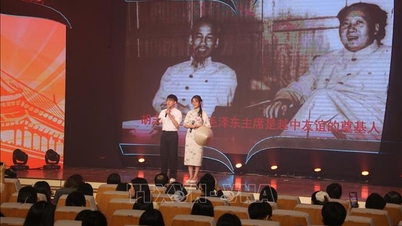
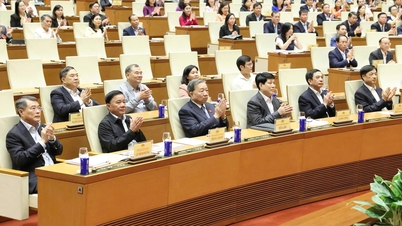





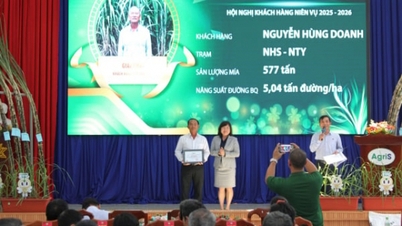
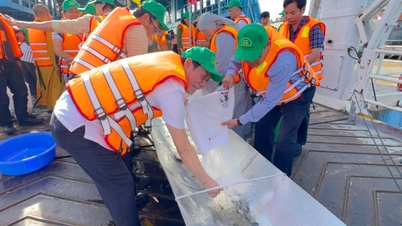
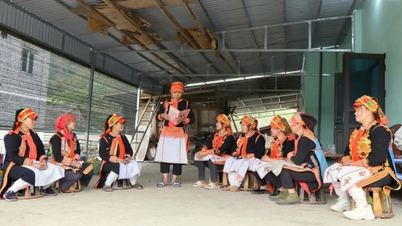
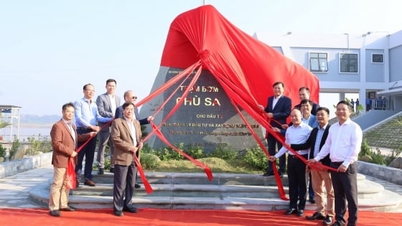



































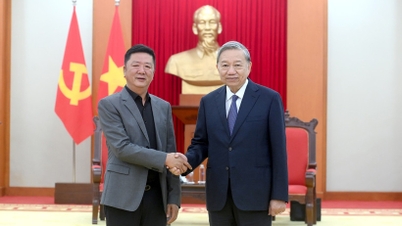
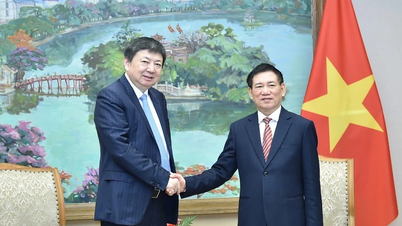



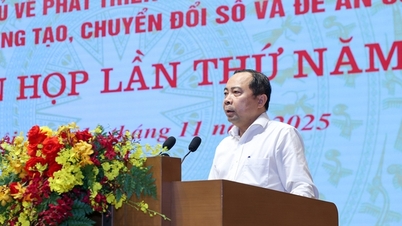
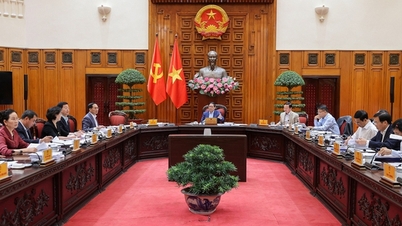
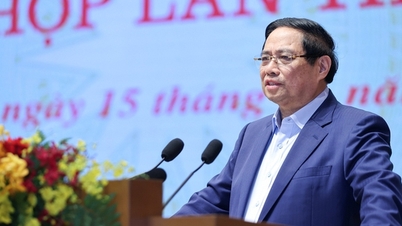
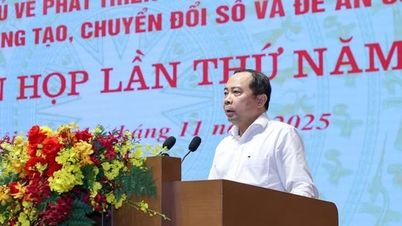






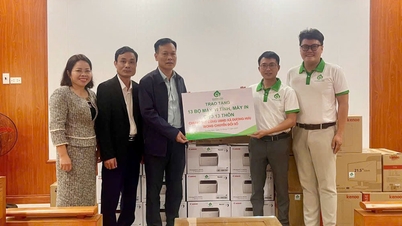


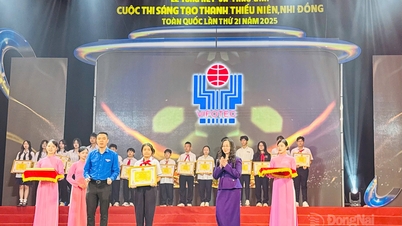












Comment (0)